According to the Union Minister of State for the Atmosphere, Forestry and Climate Change, Prakash Javedkar, 62 million tons of waste are produced annually in the country at present, of which 5.6 million tons is plastic waste, 0.17 million tons is biomedical waste, 7.90 million tons is hazardous waste production per year and 15 tons is e-waste.He added that only 75-80 per cent of municipal waste is collected and only 22-28 per cent of municipal waste is handled and treated.The latest laws also required the division of the source of the waste in order to channel the waste into capital through recovery, reuse and recycling. Waste generators will also have to segregate waste into three streams-biodegradable, dry (plastic, paper, metal, wood, etc.) and hazardous waste (diapers, napkins, mosquito repellants, cleaning agents etc.).
Institutional generators are directly responsible for segregation and waste sorting and are managed in collaboration with local authorities. In the case of an event or a collection of more than 100 people, the organizer shall ensure the segregation of the waste at the source and the delivery of the separated waste to the waste collector or organization as defined by the local authority.
Solid Waste Management:
At CIT, 10 kg of solid waste is produced daily, mainly from dry leaves. Waste is segregated into biodegradable and plastic waste. Biodegradable waste is processed and converted into compost by a natural mechanism. The fertilizer is then spread to the surrounding population for use of farmland.
Faculty members are advised to reuse the single-sided paper used for writing and printing work in all units. Paper waste is completely recycled. MoU has been signed by the Institute with India Tobacco Company Limited (ITC Ltd.).At first, paper waste is gathered and processed into sheets. The sheets are then rendered into large packets and sent to the ITC on a daily basis. A very small amount of plastic waste produced is gathered and given to the supplier on a regular basis. Metal and wood waste shall be processed and disposed of to approved scrap agents for further processing.
Waste Water Treatment:
The Chennai Institute of Technology is mindful of the need to conserve society and water for the safety of the environment. The institute follows the full method of water recycling and the steps involved are as follows.
Plant Description:
Initially, the excess water is stored in the storage tank and aired in the aeration tank. After the aeration process, the coagulant is flocculated and sent to the sedimentation tank. And then the water is filtered by the pressure and sent to the distribution tank. Water is used for gardening and irrigation of plants.
E-Waste Management
Minister of State (Independent Charge) for Environment, Forestry and Climate Change said that the E-Waste Management Standards have been stricter and reflect the government’s commitment to environmental governance. The rules would put the producers under the Expanded Producer Obligation (EPR) with the goals. Producers have been made liable for storing and exchanging e-waste.
The majority of customers must gather the products and hand them over to the approved recyclers. The Ministry stresses that different producers should have a specific Producer Accountability Organization (PRO) to ensure that e-waste is processed and disposed of in an environmentally sound manner.
The Ministry noted that the role of state governments has also been developed to ensure the safety, health and skills development of workers engaged in dismantling and recycling operations.
Knowledge is developed among students regarding the management of e-waste. E-waste from the laboratories is appropriately gathered and given to the certified recycler, reused whenever possible, donated and sold as much as possible. Non-working machines, displays, and printers are destroyed and scrapped on a systematic basis. Any pieces that are suitable for other systems are set aside for potential use. The E-waste garbage box has been deposited and the e-waste materials are collected and disposed of by recycling vendors.
Pursuant to the new regulations, it has been instructed that biodegradable waste should be handled, treated and disposed of as far as possible inside the premises by a compost or bio-meth nation and that residual waste should be disposed of by a waste collector or entity as regulated by the local authority.
CIT also launched a full bio-waste management scheme by building a bio-gas generation facility on campus to represent the nation on energy saving grounds. A awareness-raising initiative, in collaboration with local governments, NGOs and students, has been organized to push for better adoption of these waste management tools. Tools need to work on making solid waste management a people’s campaign by discussing challenges, complaints and management of solid waste to residents and grassroots.




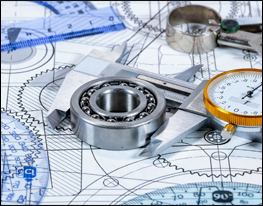







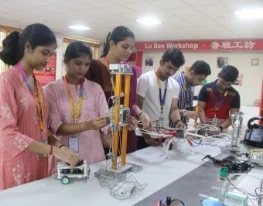
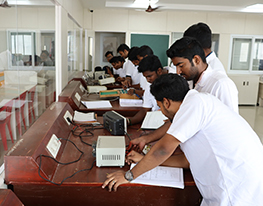

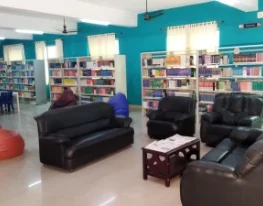

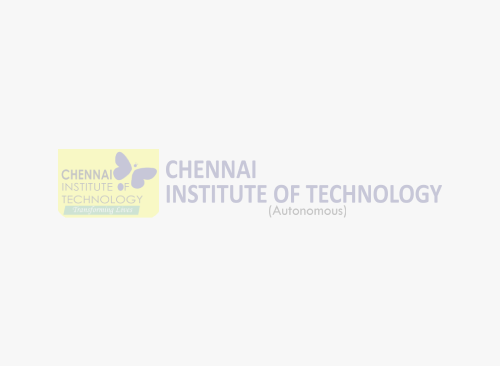
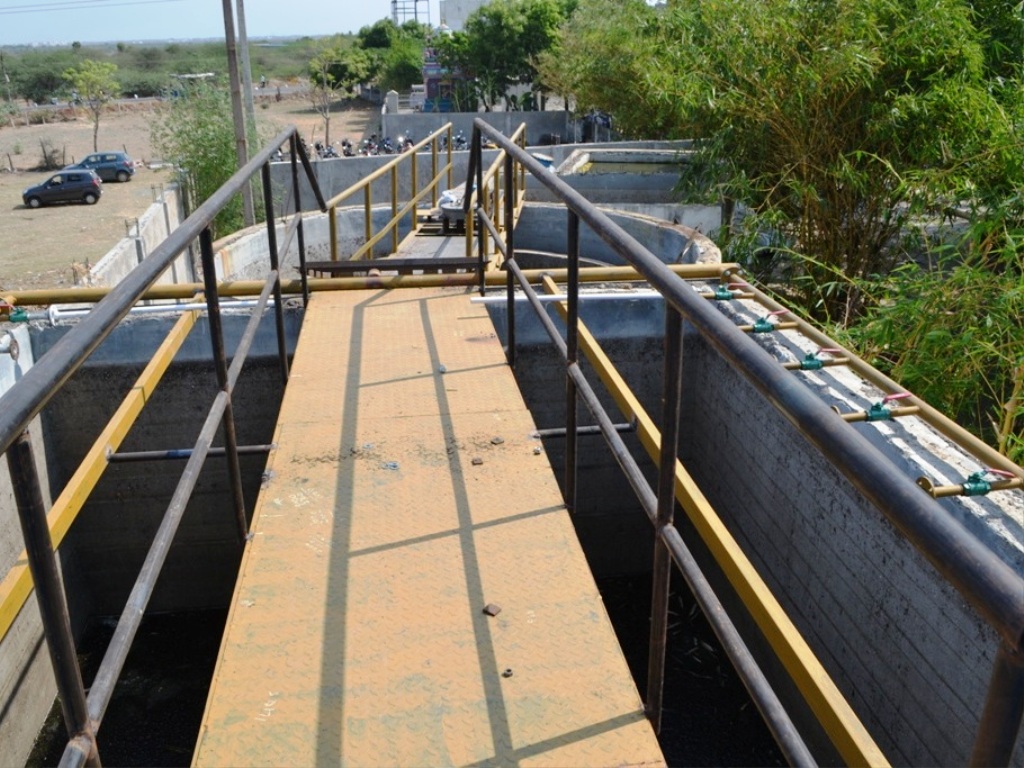
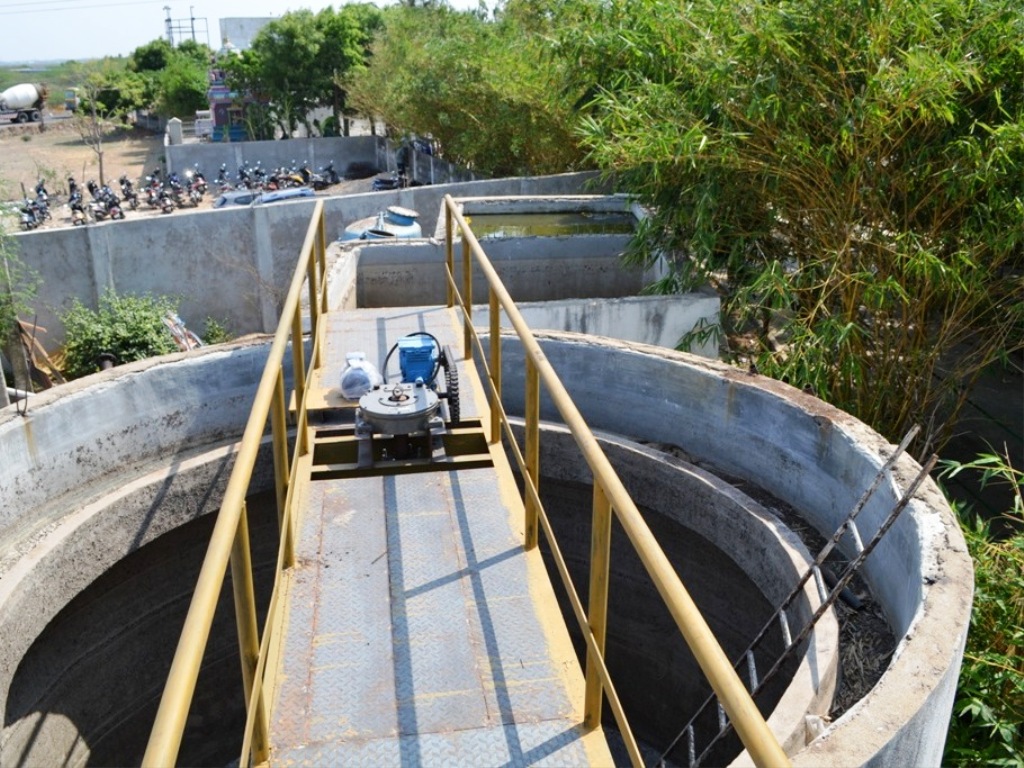
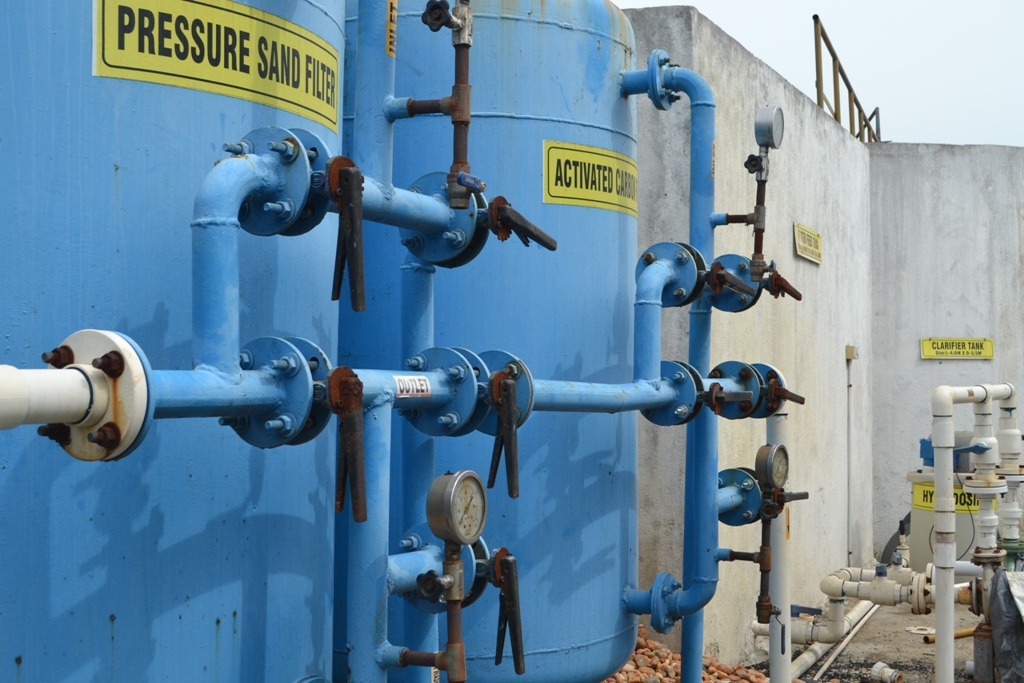

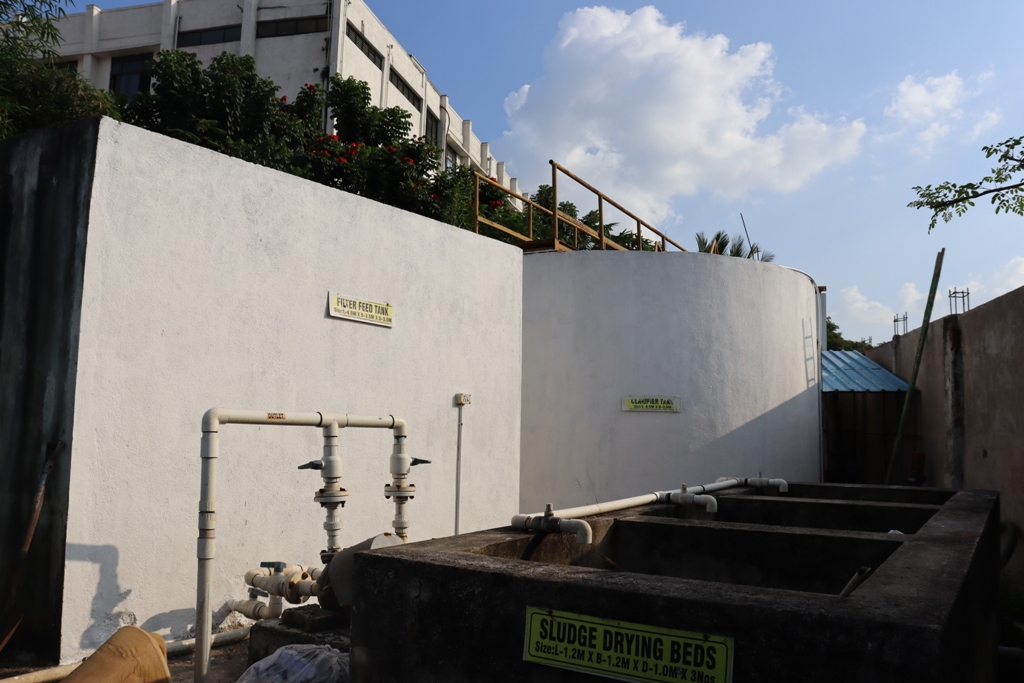
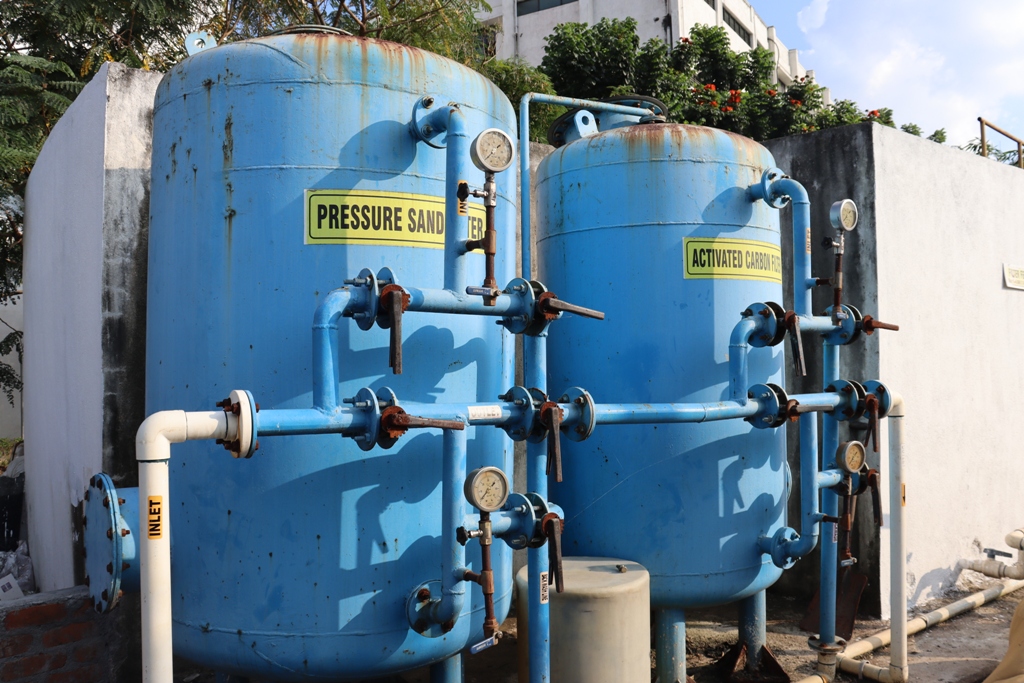
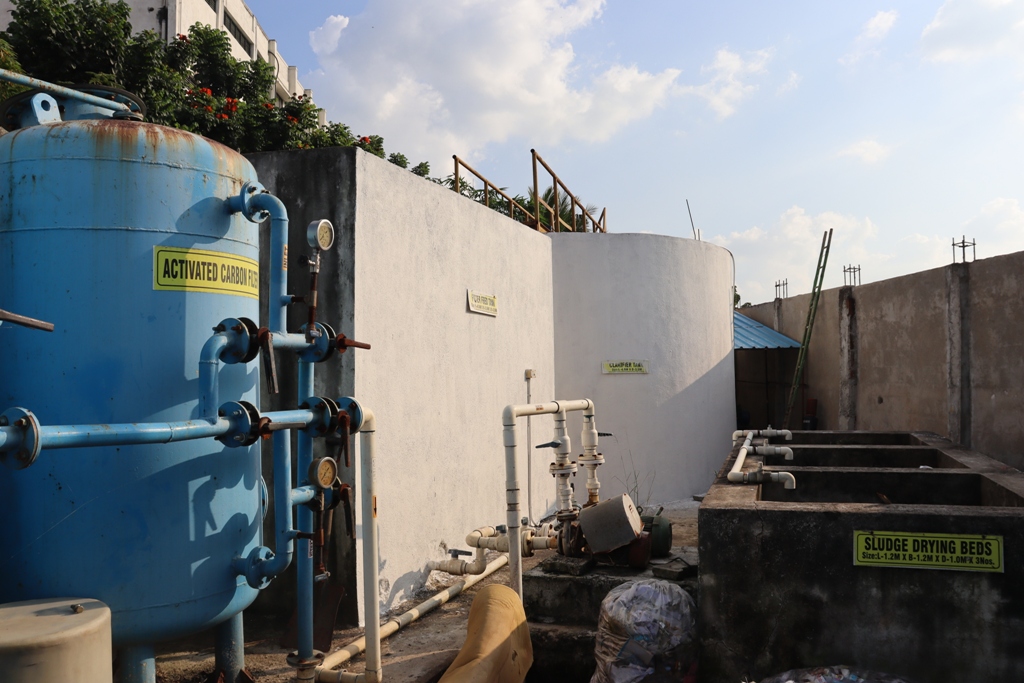
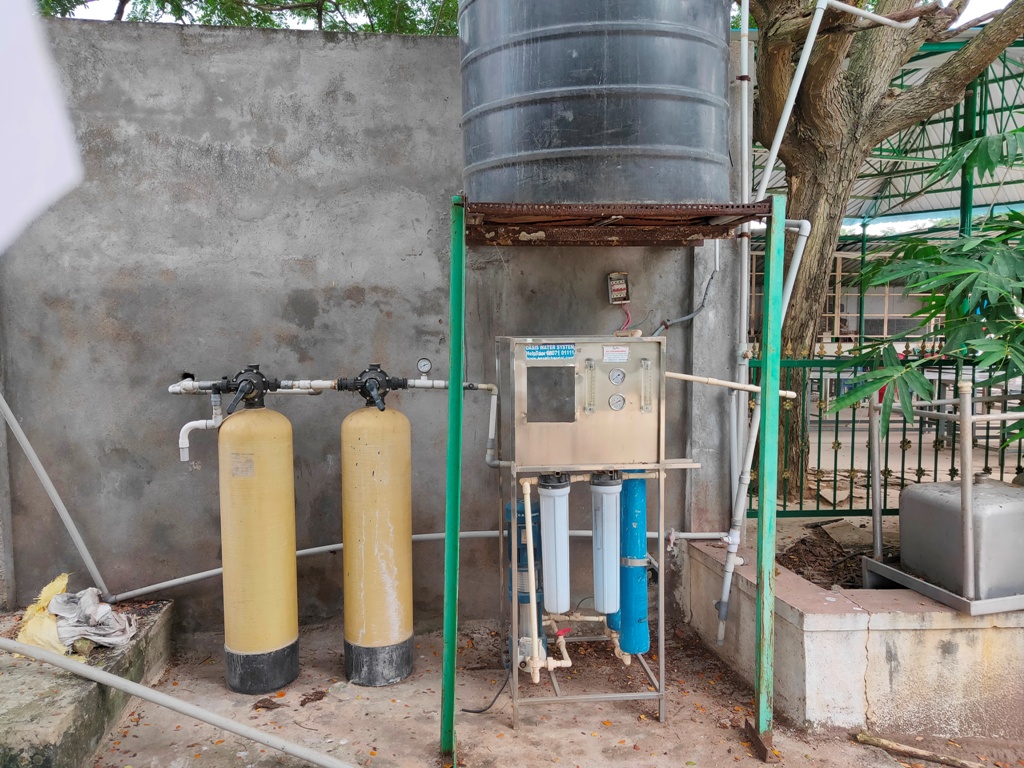
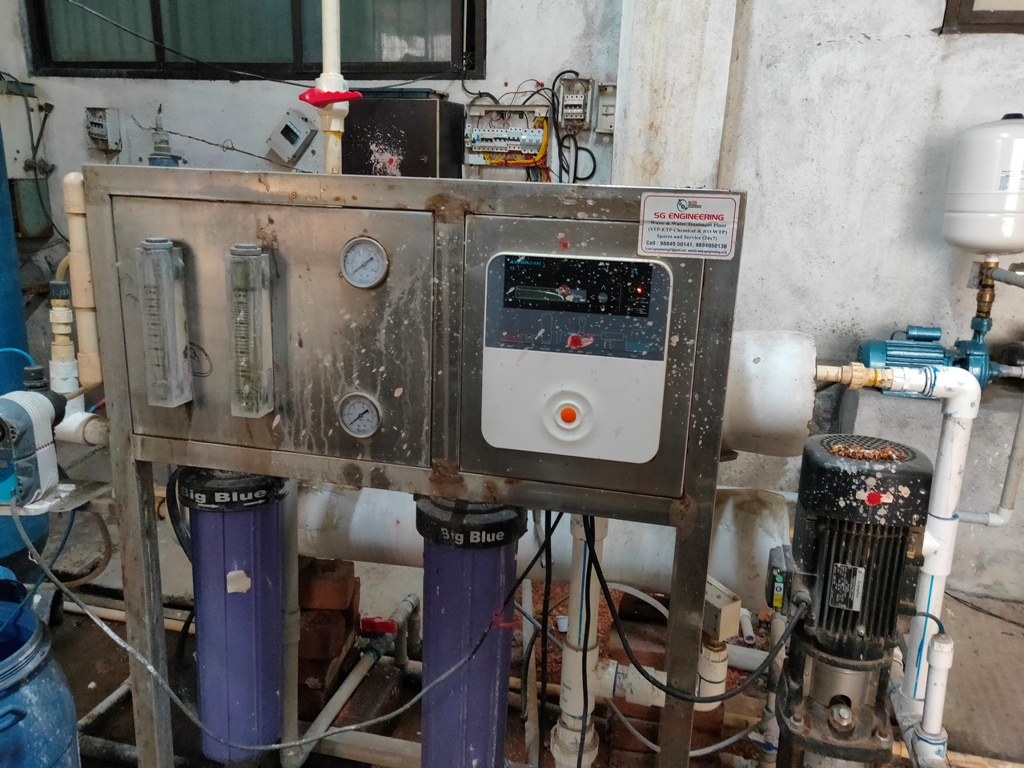
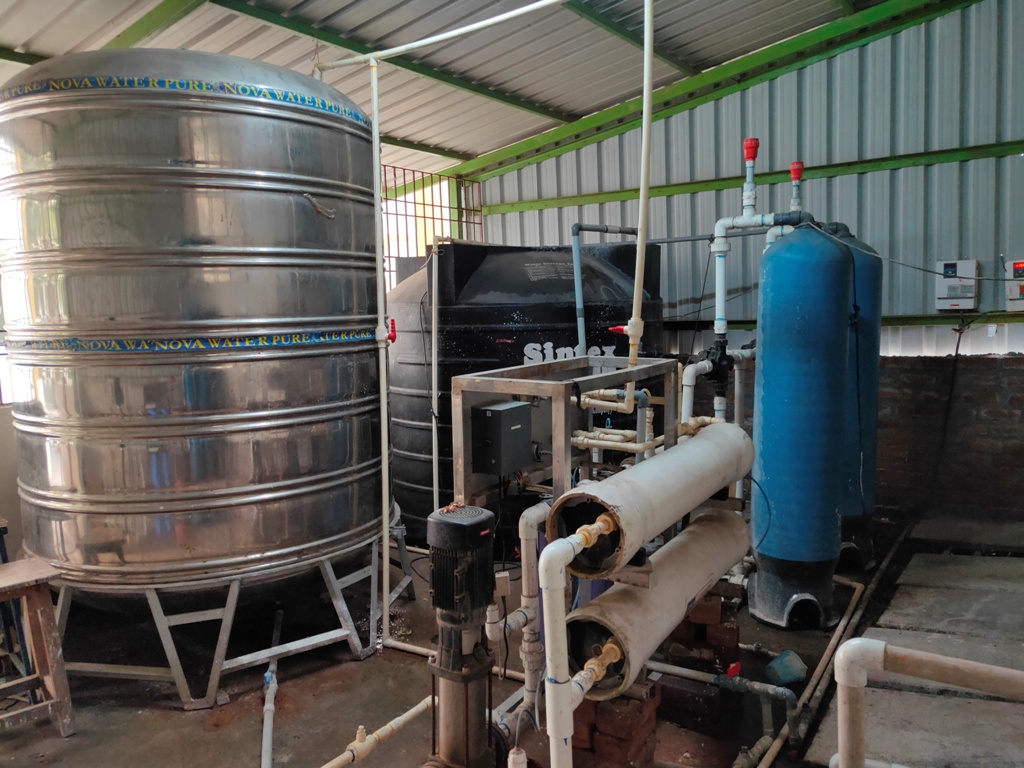
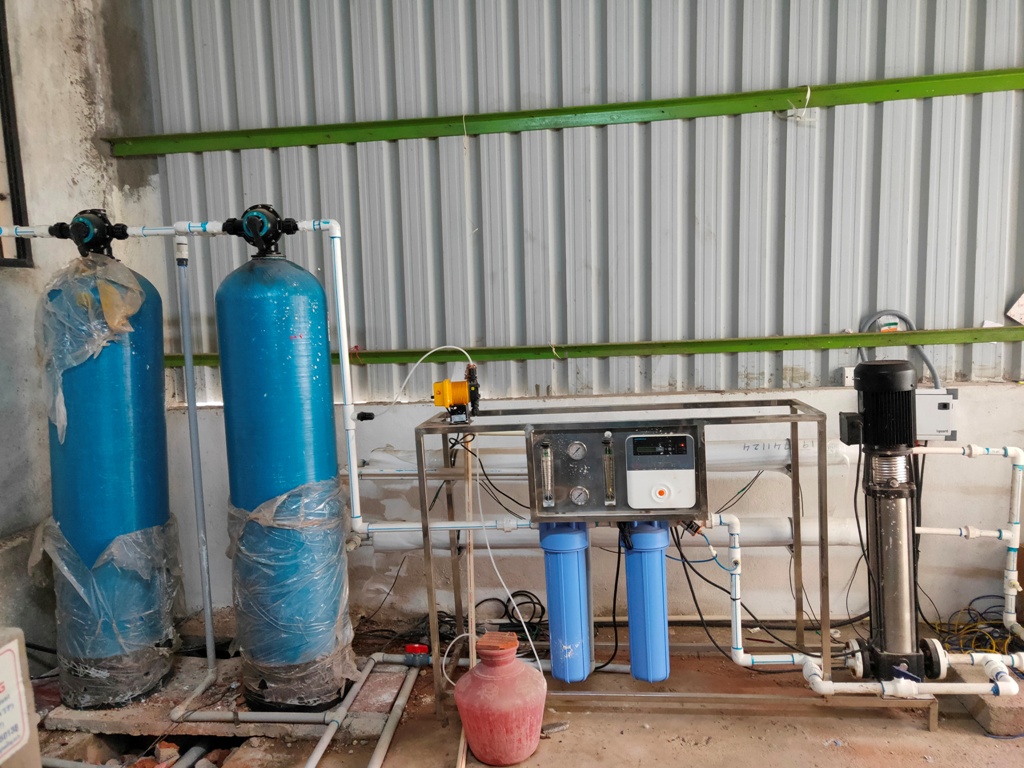
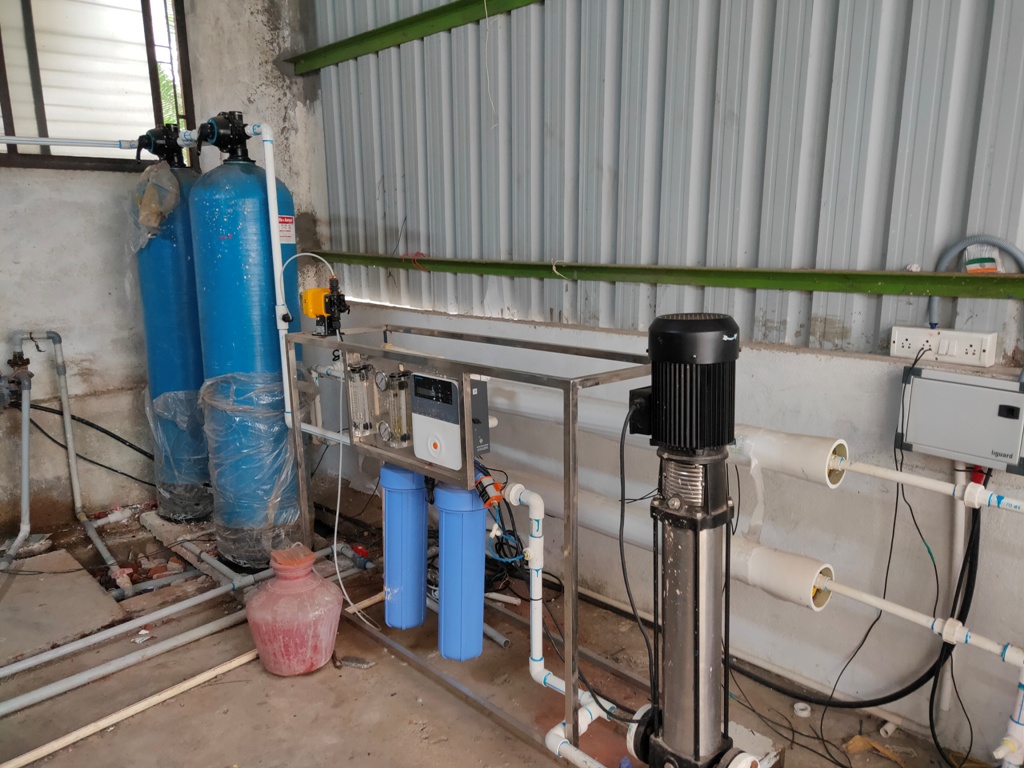
 Green Initiatives
Green Initiatives
